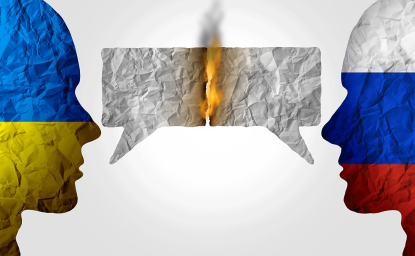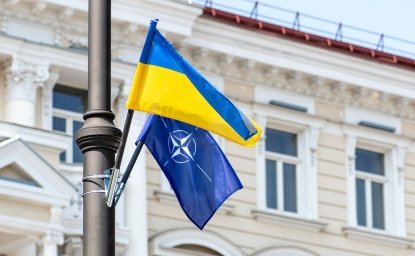The Latest
European Union leaders agreed to a $54 billion aid package for Ukraine, locking in critical funding that will sustain the country’s economy over the next several years. The deal comes after months of objections from Hungary's Prime Minister, Viktor Orbán, who had vetoed the aid in December. Robin Quinville, Director of the Wilson Center's Global Europe Program, provides insights on the deal. She talks about what the money will be used for, what Orbán achieved through his opposition, and what message a united EU sends to both the US and Russia.
Video Transcript
-
Europe Comes Through on Aid for Ukraine
Guest


Global Europe Program
The Global Europe Program is focused on Europe’s capabilities, and how it engages on critical global issues. We investigate European approaches to critical global issues. We examine Europe’s relations with Russia and Eurasia, China and the Indo-Pacific, the Middle East and Africa. Our initiatives include “Ukraine in Europe”—an examination of what it will take to make Ukraine’s European future a reality. But we also examine the role of NATO, the European Union and the OSCE, Europe’s energy security, transatlantic trade disputes, and challenges to democracy. The Global Europe Program’s staff, scholars-in-residence, and Global Fellows participate in seminars, policy study groups, and international conferences to provide analytical recommendations to policy makers and the media. Read more

Explore More
Browse Insights & Analysis
The OSCE is a Good Value for America






